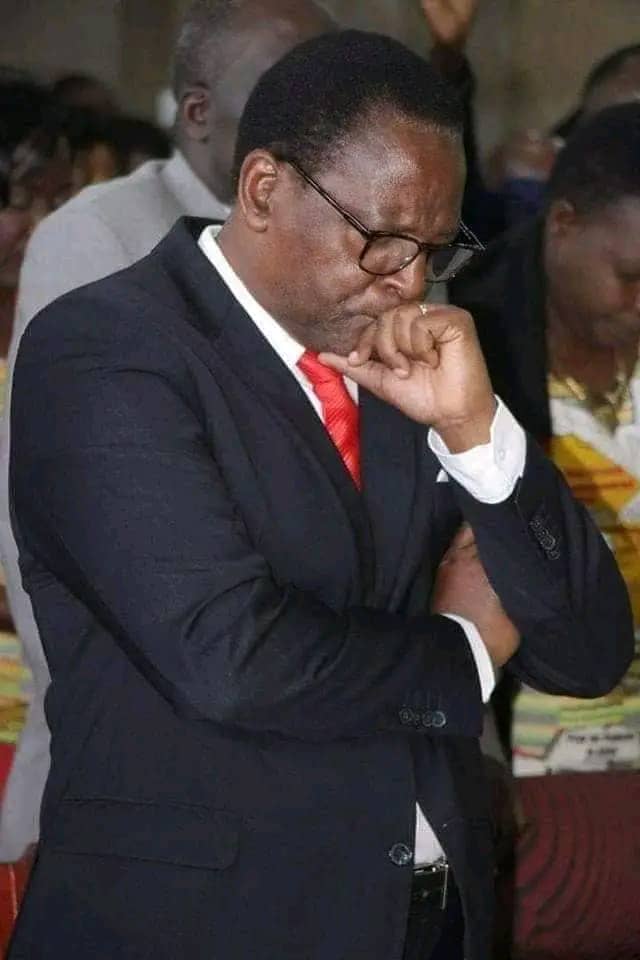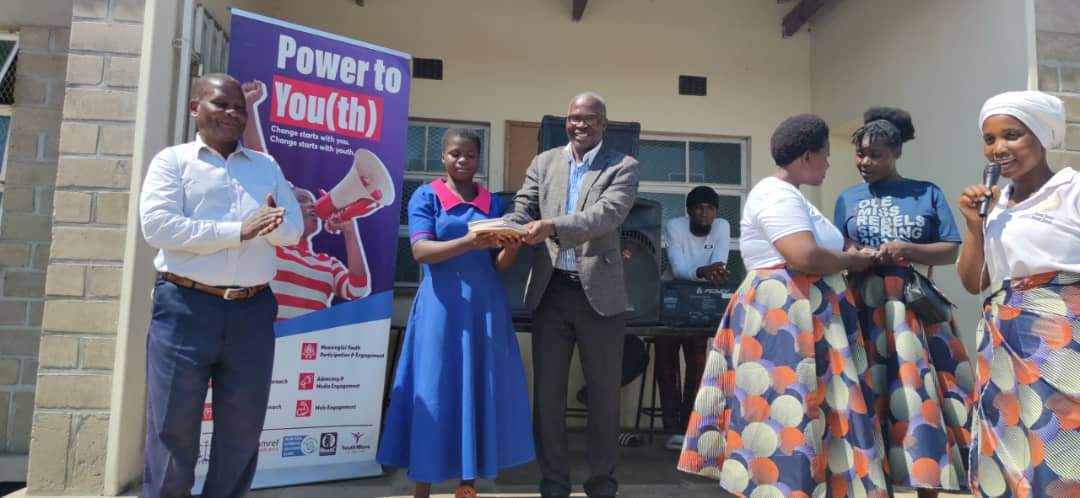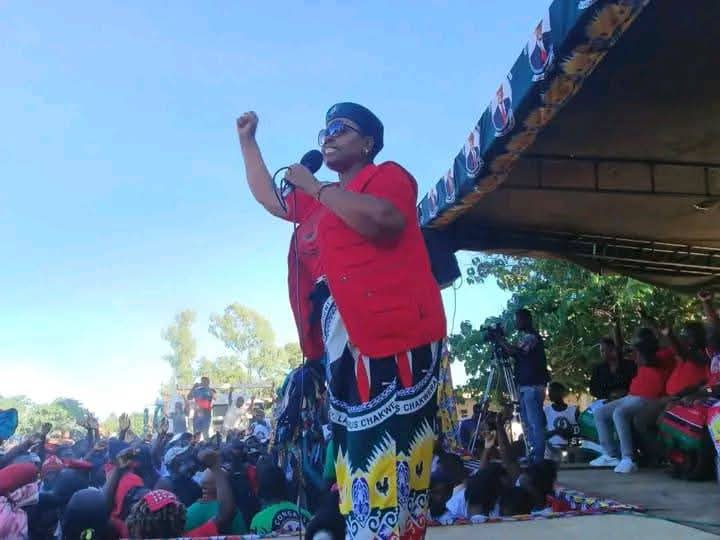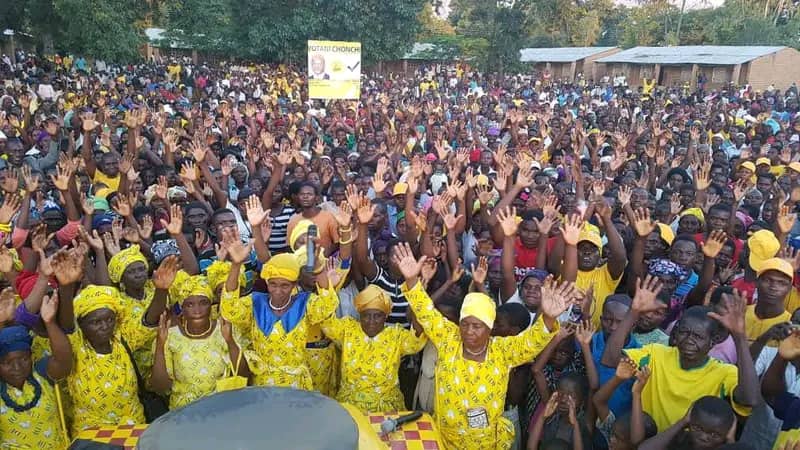By Suleman Chitera
Malawi’s September 2025 election ended in a dramatic defeat for incumbent President Lazarus Chakwera, who secured just about 33% of the vote against Peter Mutharika’s resounding 57%. While economic hardship and governance failures dominated headlines, another silent but powerful force shaped the ballot box: anger among Malawi’s Muslim community over Chakwera’s stance on the Israel–Palestine war.
The Palestine Votes That Sparked Outrage
Throughout his presidency, Chakwera’s government took controversial positions at the United Nations, repeatedly voting against resolutions calling for ceasefires in Gaza or investigations into alleged violations by Israel.
Muslim organisations such as the Muslim Association of Malawi (MAM) and the Islamic Commission for Justice and Freedom openly condemned these votes. They accused the president of betraying Malawi’s legacy of solidarity with oppressed peoples and siding with a minority of nations supporting Israel.
In Mangochi, Muslim protesters shut down shops, marched through the streets, and delivered petitions to district authorities demanding that Chakwera reverse Malawi’s position.
“Malawi is the only African country consistently voting against Palestine at the UN. This is unacceptable,” one petition read.
Jerusalem Embassy Controversy
Another flashpoint was the government’s plan to open a diplomatic mission in Jerusalem instead of Tel Aviv.
Muslim leaders warned that this move would not only alienate Malawi’s Muslim population but also jeopardise relations with Islamic countries and potential aid partners.
For many Muslims, this decision confirmed suspicions that Chakwera was more aligned with Israel than with Palestine, deepening the feeling of betrayal.
How It Affected the Vote
While no nationwide poll has yet broken down voting patterns by religion, evidence from protests, petitions, and statements by Muslim leaders suggests that the Palestine issue shifted political loyalties.
Muslim-majority districts such as Mangochi, Machinga, and parts of Balaka are believed to have swung heavily against Chakwera. Analysts argue that even if the economy was the top issue, foreign policy symbolism mattered deeply to Muslim voters.
By election day, many Muslims viewed voting against Chakwera as both a political and moral duty.
But Not the Only Factor
Still, experts caution against oversimplifying the narrative. Malawi’s economy under Chakwera was crippled by inflation, food shortages, rolling blackouts, and climate disasters. Ordinary Malawians of all faiths were frustrated by the rising cost of living and unmet promises.
Political analyst Dr. Henry Chibambo noted:
“The Palestine issue amplified discontent in Muslim communities, but the economic crisis hurt Chakwera across the country. In the end, it was a combination of bread-and-butter issues and symbolic foreign policy failures that cost him re-election.”
Conclusion
President Lazarus Chakwera’s foreign policy choices, particularly on Palestine, left a lasting mark on his relationship with Malawi’s Muslim community. While economics may have been the central factor in his downfall, the Palestine issue became a lightning rod for anger, identity, and solidarity, pushing Muslim voters to decisively reject him at the ballot box.
Chakwera’s loss is a stark reminder that in Malawi, domestic survival and foreign policy are deeply intertwined — and that no leader can afford to ignore the moral convictions of the communities they serve.




